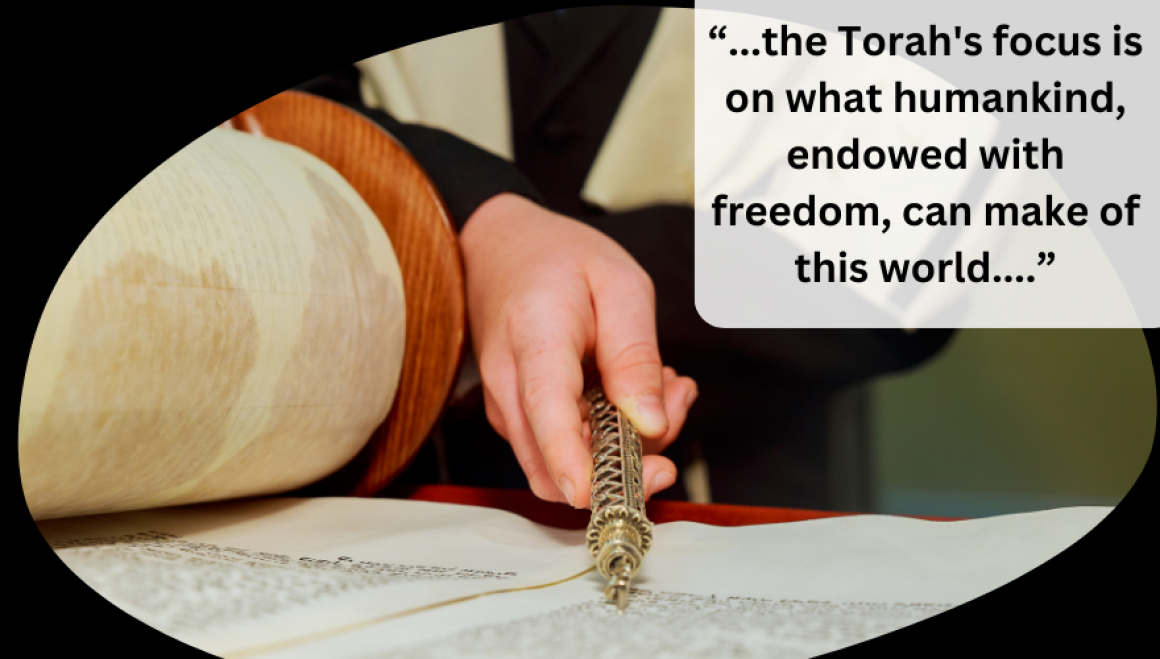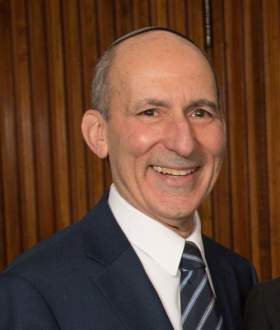
Torah, Shavuot, and Jewish Education
Shavuot (literally, "weeks") is linked to Passover by a counting of days and weeks from the second night of Pesach until the onset of this next pilgrimage holiday, 50 days later. While Pesach marks liberation from bondage, Shavuot celebrates the covenant of Torah and all that it represents. The exodus from Egypt is the beginning of the Israelites' journey to Sinai, where the mission of the nation-in-the making – to become "a kingdom of priests and a holy nation" (Exodus 19:6) – is given expression.
Rabbi Jonathan Sacks aptly comments that "no historical investigation will ever resolve the question of whether, at Sinai, the voice the Israelites heard was real or imagined." Yet, the Torah – as interpreted and applied – has guided the lives of Jews across time and place. In Rabbi Sacks's words: "The story of the Jewish people, especially after the second Temple, is about one of the great love affairs of all time, the love of a people for a book, the Torah."
As Shavuot approaches, I think about my first experience as a classroom teacher at a part-time (after school) program at a synagogue. Enrolled in a teacher education program and the beneficiary of a modest degree of Jewish learning to that point, I was an 18-year- old college sophomore teaching children in fourth and fifth grades (testimony to the reality that it was no less challenging to put together a faculty then, than it is now). One of our texts was The Rabbis' Bible, a (then) recently released Behrman House publication. The book was an abridged edition of the Torah, in English translation, designed for use in Religious Schools. It featured selections from the text of the Torah on the top half of each page, with stories and commentaries drawn from rabbinic sources printed underneath.
Engaging with that text introduced students to the Torah and to the interpretation and application of Torah to the lived experience of Jews over the course of millennia. Examining selections from the five books of the Torah facilitated discussion of such themes as the connection of the Jewish people to the land of Israel, purposeful action in history (as the expression of covenantal relationship), sanctification of all aspects of life (with associated, meaning-filled rituals), the importance of community, and Jewish study as an imperative for successive generations. These themes are central to the books of Genesis, Exodus, Leviticus, Numbers, and Deuteronomy, respectively. Students learned that the Torah's focus is on what humankind, endowed with freedom, can make of this world and that the Torah serves as the Jewish people's guidebook in this continuing project.
More than a half century has passed since my earliest days of teaching; much has changed over the ensuing decades. However, the importance of Torah and the wisdom that Torah conveys is enduring. As Rabbi Sacks, reflecting on the connection between Passover and Shavuot, reminds us: "Freedom begins with the defeat of tyranny, but it is preserved by a code of virtue – the Torah, Israel's 'constitution of liberty....'"
Chag sameach (Shavuot starts Tuesday evening, June 11, this year)!

